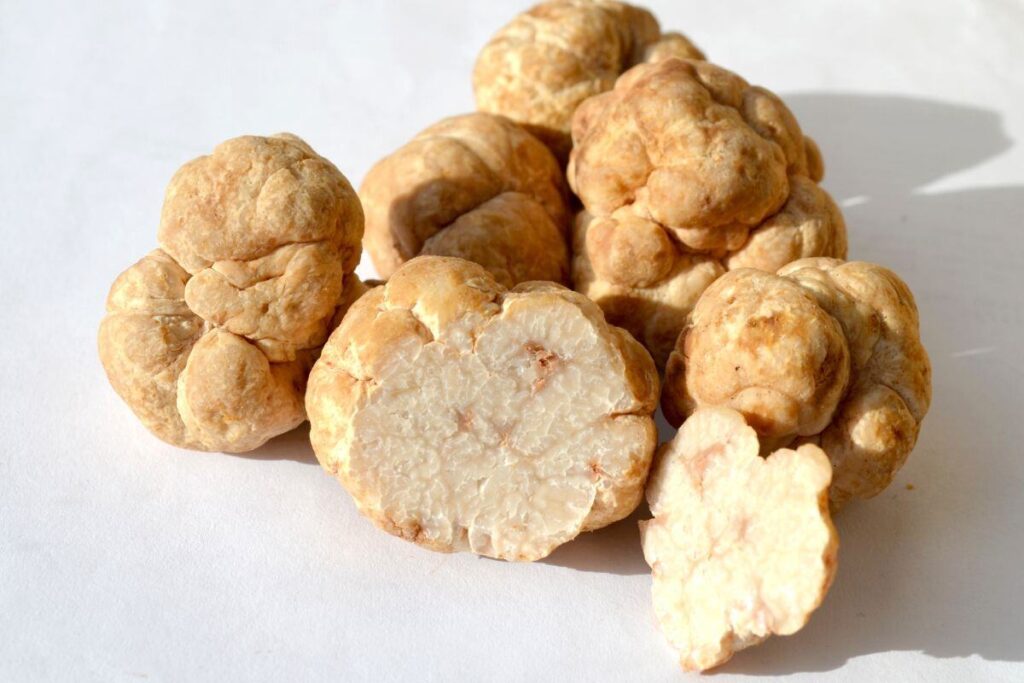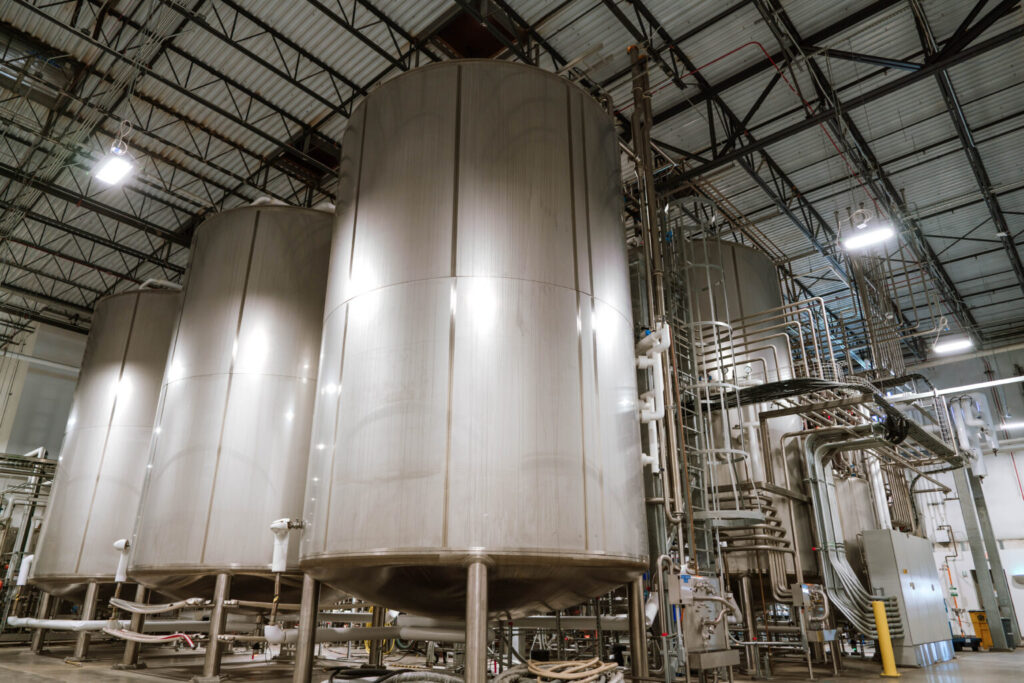MycoTechnology Earns GRAS Approval to Sell Honey Truffle Flavour Modulator in the US
4 Mins Read
US food tech firm MycoTechnology has received regulatory approval to sell its honey-truffle-fermented flavour modulator in the country.
Colorado-based MycoTechnology, known for its fungi fermentation technologies, has been cleared to sell an ingredient that can enhance flavours and modulate sweetness in the US.
The firm’s ClearHT natural flavour has obtained Generally Recognized As Safe (GRAS) status from the Flavor and Extract Manufacturers Association (FEMA), paving the way for its use as a flavour with modifying properties in a host of food and beverage applications.
The precision-fermented ingredient is derived from honey truffles, and is slated to be available by early 2026. “Achieving FEMA GRAS status affirms the safety of ClearH natural flavour and opens new opportunities in many regions,” said Sue Potter, VP of regulatory affairs at MycoTechnology.
“This is a significant milestone in our efforts to expand the availability of our ingredient solutions to global markets,” she added.
Can honey truffles sweeten food manufacturers’ prospects?

ClearHT is MycoTechnology’s newest ingredient solution, sourced from a sweet protein found in honey truffles, a unique fungi species native to Eastern Europe with an extensive history of use.
The flavouring can alter and enhance taste perceptions and help reduce sugar in food formulations, meeting consumer demand for better-tasting products that are also better for them.
At low inclusion levels, ClearHT can intensify the perception of flavours like sweet vanilla, citrus, caramel, toffee, and chocolate, as well as tropical and berry-like notes. At the same time, it can extend cooling sensations and intensify menthol flavours.
Additionally, the fermentation-derived ingredient can reduce burnt, smoky or chemical notes, and mitigate the unpleasant off-flavours associated with high-intensity sweeteners like stevia.
ClearHT isn’t MycoTechnology’s only honey truffle innovation. In 2023, it unveiled a sweetener that’s 1,500-2,500 times sweeter than sugar, with negligible calories and no aftertaste. The startup is currently scaling up its production of this ingredient and is working with manufacturers to bring it to market.
It plans to commercialise the honey truffle sweetener in the North American market in 2025-26, followed by Latin America, Asia, the Middle East and Europe.
“This approval marks another important step in our mission to promote healthier, better-tasting food and beverages,” said Jordi Ferre, who took over as CEO from interim chief (and current CTO) Ranjan Patnaik in December. “Our team has continued to demonstrate exceptional progress in scale-up, safety validation, and applications development in preparation for commercial availability,” he added.
MycoTechnology banks on burgeoning sweet protein category

While it works to commercialise its honey truffle portfolio, its flagship ingredient, ClearIQ, is already being used by over 100 customers, including major flavour houses, co-manufacturers, distributors and CPG firms.
This mycelium-derived ingredient can mitigate bitter and astringent notes in products (including the off-flavours of plant proteins) and enhance fruity and indulgent flavours. Its product applications range from alternative sweeteners, coffee, and meat and dairy alternatives to functional and energy drinks, CBD products, and extruded snacks. ClearIQ also works in chocolate, as can be seen in the sugar-free sweet dark chocolate bar launched by Macalat last year.
The company was founded in 2013 and has raised $220M over several rounds, with the latest injection – an $85M Series E raise in 2022 – led by sovereign wealth fund Oman Investment Authority. That was initially earmarked to open a factory producing mycelium meat, but MycoTechnology has since abandoned its meat alternatives plan (reflective of the tough market landscape for alternative proteins) and shifted focus to its flavour and sweetener portfolio.
It operates an 86,000 sq ft facility in Aurora, Colorado, which is equipped with “state-of-the-art” fermentation tanks and a tasting centre for its mycelium ingredients.
Sweet proteins represent a burgeoning market brimming with potential, as consumers look to cut back on sugar without any compromises on flavour, and turn away from sweeteners riddled with health risks, like aspartame. They’re part of the larger sugar substitute market, which was valued at $8.9B last year.
One of the most popular sweet proteins is brazzein, which is being commercialised by startups like Oobli and Sweegen (both American). Outside the US, Chile’s Naturannova has created a sweet protein 10 times sweeter than sweeteners like Stevia, and Israel’s Amai Proteins makes Sweelin, a precision-fermented ingredient that’s 3,000 times sweeter than sugar.



